The first time I arrived in Porto, it hit me like a splash of cold Atlantic Ocean —this place is magic. Set along the Douro River and crowned as a UNESCO World Heritage Site, Porto is that rare city that blends the city’s old-world charm with modern buzz without missing a beat.
Known for its port wine (yes, it’s better here), blue-and-white azulejos, and that unmistakable orange-roofed skyline, Porto seduces you slowly. The kind of city where you wander into a cathedral, stumble into a gallery, and end up sipping espresso with a stranger who becomes a friend.
Whether you’re after architectural marvels, riverfront strolls, or wild nights of music and francesinha-fueled bliss, Porto’s got something for every kind of traveler.
Oh—and pro tip? It makes a perfect base for day trips around northern Portugal, especially the Douro Valley, and is a shining example of Portugal’s cultural richness. More on that later.
Introduction to Porto

Porto, located in the heart of northern Portugal, effortlessly blends centuries of history with a vibrant, modern energy. Perched along the banks of the Douro River, Porto’s dramatic hillsides and colorful facades have long captivated travelers worldwide. The city’s historic center, recognized as a UNESCO World Heritage Site, is a treasure trove of winding streets, ornate churches, and lively squares where the spirit of Portugal comes alive.
But Porto is more than just a pretty face. It’s a city where traditional Portuguese food is celebrated in every corner eatery, and where the world-famous port wine flows as freely as the river itself. Whether wandering through ancient alleyways, sampling local delicacies, or simply soaking in the riverside views, Porto offers an unforgettable experience for anyone who loves culture, cuisine, and a touch of old-world charm. For those looking to visit a city that truly embodies the soul of Portugal, Porto is a must-see destination.
Planning Your Trip
Let’s get the timing right. September? Absolute sweet spot. Warm days, cool evenings, fewer crowds, and festivals that spill into the streets. Summer is fun if you want beach days and sunny selfies, but it can get packed and pricey, while winter brings rainy days and a cozy vibe. The rainy season typically begins in November, making November and December the start of Porto’s wetter, colder period. Conversely, winter turns Porto into a cozy, fog-wrapped gem—perfect for slow travel and big meals. For the best experience, plan your visit Porto during these recommended times.
Before you go rogue, book early—especially if you’re eyeing dinner at those family-run restaurants that book up faster than a Taylor Swift concert. Want wine tastings? Reserve them. Art tours? Get ahead of the game. The spontaneous vibes are great, but Porto rewards planners.
Getting to Porto
Portugal is a welcoming country for travelers. You’ll probably land at Francisco Sá Carneiro Airport—clean, efficient, and about 11 km from the city center. Hop on Metro Line E and glide into town in 30 minutes. Easy. There are also buses and taxis, but the metro wins for price and convenience.
Coming from Lisbon or the Algarve? Trains are comfy and scenic, especially the Alfa Pendular lines. I’ve done that trip more times than I can count—and yes, the window views are worth staying awake for. Porto’s location near the border with Spain makes it a convenient gateway to both northern Portugal and western Spain, highlighting its connections to neighboring countries.
For frequent travel around Porto, grab an Andante card. Trust me, it’ll save you euros and eye-rolls.
Porto Airport Overview
Porto’s airport, Francisco Sá Carneiro Airport, is the second busiest in Portugal, but it doesn’t feel chaotic. It’s sleek and modern, with enough restaurants and shops to entertain you on a layover.
There’s free Wi-Fi, accessibility services, car rentals, and yes—good coffee (you’re in Portugal, after all). Whether you’re arriving or departing, transportation is seamless. Metro, bus, taxi, and even Uber are all dialed in.
I always tell people to arrive early during peak season. Security lines can surprise you, and you’ll want time to browse the Portuguese ceramics and olive oil in duty-free. No shame.
Tips for Solo Travelers in Porto

Porto is a welcoming and safe city, making it an excellent destination for solo travelers. Here are some tips to make the most of your solo adventure:
- Stay Central: Choose accommodation in the city center or lively neighborhoods like Ribeira or Cedofeita. These areas offer easy access to attractions, restaurants, and nightlife, making meeting people and navigating the city easier.
- Join Food and Wine Tours: Food tours and wine tastings, including visits to port wine cellars in Vila Nova de Gaia, are great ways to connect with fellow travelers while indulging in traditional Portuguese cuisine and learning about Porto’s rich wine culture.
- Use Public Transit: Porto’s efficient public transit system, including the metro with six lines and extensive bus routes, makes it easy and safe to explore the city and surrounding areas without a car.
- Learn Basic Portuguese Phrases: While many locals speak English, greeting people with a friendly “bom dia” or thanking them with “obrigado/a” can go a long way in making connections.
- Stay Aware of Your Surroundings: Porto is generally safe, but like any popular tourist destination, keep an eye on your belongings, especially in crowded areas and on public transit.
- Explore Day Trips: Consider joining group day trips to nearby attractions like the Douro Valley, national parks, or other cities such as Braga and Guimarães. This is a great way to meet people and experience northern Portugal beyond Porto.
- Embrace the Local Culture: Attend local events and festivals, like the São João Festival in June, to immerse yourself in Porto’s vibrant community spirit.
With these tips, solo travelers can safely and confidently enjoy Porto’s blend of historic charm, contemporary art galleries, and lively social scene.
Is Porto a Safe City?

Porto is widely regarded as one of the safest cities in Europe among its main cities, making it an excellent destination for travelers, including solo adventurers. The city boasts a low crime rate, particularly regarding violent crime. As a country, Portugal is considered one of the safest in Europe, further enhancing Porto’s appeal for visitors. Petty crimes like pickpocketing can occur, especially in crowded tourist areas such as the historic center, public transport, and popular festivals. Still, they are relatively infrequent compared to other major European cities.
Local authorities, including the Porto City Council, maintain a visible police presence to ensure public safety, and the community is known for its friendliness and helpfulness toward visitors. Compared to other Portuguese cities, Porto stands out for its strong sense of security and welcoming atmosphere. Standard travel precautions—such as eyeing personal belongings and avoiding poorly lit or isolated areas at night—are generally sufficient for a safe and enjoyable stay.
Whether wandering the cobbled streets daily or enjoying the vibrant nightlife, Porto offers a secure environment that allows you to focus on soaking in the city’s rich culture, history, and gastronomy with peace of mind.
Do People Speak English in Porto?
Yes, English is widely spoken in Porto, especially in tourist areas, hotels, restaurants, and shops. Many locals, particularly younger generations and those working in the service industry, have a good command of English, making it easy for visitors to communicate. While Portuguese is the official language, it is essential to note that Portuguese is distinct from Spanish, and visitors should not assume the two languages are interchangeable. Travelers will find that basic English is sufficient for most interactions. However, learning a few simple Portuguese phrases like “bom dia” (good morning) or “obrigado/a” (thank you) is appreciated and can enhance your experience.
Getting Around Porto

Porto’s public transport system is low-key fantastic. The metro is clean and punctual, and connects most key neighborhoods near modern buildings. With six lines, the metro also links to important stations such as Senhor de Matosinhos, a key transit node in the Porto Metro system. The buses and historic trams? Total vibe. Just make sure you have that Andante card charged and ready.
Much of the city center is walkable. I’d argue walking is the best way to explore Porto—those steep, cobbled alleys are half the charm. Pack comfortable shoes and skip the heels unless you like living dangerously.
Taxis and Ubers are around, but you’ll probably only use them when heading uphill after a long wine tasting.
The Andante Card and Metro from the Airport
The first time I landed at Francisco Sá Carneiro Airport, I was jet-lagged, slightly dazed, and craving caffeine. But within minutes, I was cruising comfortably toward the city center on Porto’s metro system—no stress, no overpriced taxis, no awkward negotiations in broken Portuguese.
Here’s the move: grab an Andante card at the airport metro station. It’s a rechargeable travel card that works across Porto’s public transportation system—metro, buses, and historic trams.
For airport arrivals, take Metro Line E (the purple line). It’s a direct route from the airport to the city’s heart, taking about 25–30 minutes depending on your stop. I usually hop off at Trindade—a central station with easy connections to anywhere else in Porto.
Why You’ll Love the Andante Card:
- Cost-effective – A Z4 (four-zone) ticket from the airport to the city costs just a few euros—way cheaper than a taxi.
- Simple to use – Just load it at the machine (switch to English if needed), scan it before boarding, and you’re set.
- Reusable – Load single trips or daily passes depending on your plans. I keep mine tucked in my wallet like a local.
Bonus tip: You can also get an Andante Tour Card, unlimited travel for 24 or 72 hours. If you plan on hopping around the city without tracking every cent, it’s a no-brainer.
So skip the cab line. Grab an Andante, hop on the purple line, and let Porto welcome you with a breezy, underground introduction to its rhythm. It’s the perfect start to your adventure.
Porto’s City Centre (Center)

The heart of Porto beats in its city center—a chaotic symphony of history, food, and style. Start with the Sé Cathedral, one of the city’s most iconic historic landmarks, then wander down to São Bento Station and stare in awe at the azulejo-covered walls. Seriously, it’s a tile-lover’s dream.
Clérigos Tower? Climb it for views that’ll blow your travel-hardened mind, including breathtaking panoramas of the River Douro from the city center. Palácio da Bolsa and Church of São Francisco are a must if you love baroque grandeur or anything that screams “I’m cultured.”
By night, the Ribeira district glows. Stroll the waterfront, order a glass of tawny port, and listen to street musicians serenade the stars. This city hums.
Porto’s Neighborhoods
Porto is a city of neighborhoods, each with its own distinct personality and allure. The Ribeira district, a popular choice for first-time visitors, is a lively maze of narrow streets, colorful houses, and bustling riverside cafes, all set against the stunning backdrop of the Douro River. Just across the water lies Vila Nova de Gaia, home to the legendary port wine cellars where you can sample the city’s most famous export and enjoy panoramic views of Porto’s skyline.
For those seeking a blend of tradition and modernity, the Aliados area in the city center offers grand boulevards lined with impressive architecture, chic restaurants, and easy access to contemporary art galleries. Head west to Foz do Douro, where the city meets the Atlantic Ocean, and you’ll find a laid-back vibe, stylish modern buildings, and a growing scene of trendy eateries and bars. Whether you’re drawn to the historic center’s timeless charm or the creative energy of Porto’s newer districts, exploring the city’s neighborhoods is the best way to discover its many layers.
History and Heritage
Porto’s story stretches back to the days of the Roman Empire, when its strategic position on the Douro River established it as a vital center for trade and commerce. Over the centuries, the city has grown into a cultural and economic powerhouse, with its fortunes closely tied to the river that winds through its heart. The historic center, carefully preserved and celebrated by the Porto City Council, showcases a remarkable array of architectural styles—from medieval fortifications to elegant neoclassical facades.
Wander through Porto’s storied streets and you’ll encounter iconic landmarks like the Luis I Bridge and the majestic Porto Cathedral, each bearing witness to the city’s enduring legacy. Many of Porto’s historic buildings have been lovingly restored and repurposed as museums, galleries, and cultural spaces, ensuring that the city’s rich heritage remains a living, breathing part of everyday life. For anyone fascinated by history, Porto offers a captivating journey through the ages, all set against the timeless beauty of the Douro River.
Architecture Highlights of Porto
Porto’s architectural landscape is a striking blend of the old and the new, reflecting the city’s dynamic spirit and deep-rooted heritage. In the historic center, you’ll find a wealth of medieval and Baroque masterpieces, from the imposing Porto Cathedral to the ornate Church of São Francisco. These centuries-old structures contrast harmoniously to the city’s modern buildings, such as the iconic Casa da Música and the sleek Serralves Museum, both of which are at the forefront of Porto’s contemporary art scene.
Guided tours are a fantastic way to uncover the city’s architectural gems, taking in everything from the graceful arches of the Luis I Bridge to the stately Porto City Hall and the opulent Palácio da Bolsa. Whether you’re an architecture enthusiast or appreciate beautiful spaces, Porto’s unique mix of historic grandeur and cutting-edge design promises to inspire at every turn.
Outdoor Activities in and Around Porto

Porto and its surrounding region offer a wealth of adventures for those who love the outdoors. The Douro Valley, located just a short trip from the city, is a paradise for wine lovers, with rolling vineyards, scenic wine tours, and unforgettable wine tasting experiences. Along the banks of the Douro River, you can enjoy leisurely boat rides or riverside walks that showcase the city’s stunning views.
If you’re craving sea air, head to the Atlantic Ocean for surfing, paddleboarding, or simply relaxing on the sandy beaches. Nature enthusiasts will find plenty to explore in the nearby Peneda-Gerês National Park, where hiking trails wind through lush forests and dramatic mountain landscapes. And don’t miss a visit to Vila Nova de Gaia, where you can combine cultural attractions with breathtaking river and city vistas. With its mild climate and diverse landscapes, Porto is the perfect base for outdoor activities and day trips highlighting northern Portugal’s best.
Food and Drink

If I had to sum up Porto in one word, it would be Flavor. From stews to seafood, this city cooks with heart.
Start with a Francesinha. It’s a sandwich—but also a cheesy, meaty, beer-sauced revelation. Follow that with tripas à moda do Porto (also known as Porto-style tripe, a traditional local dish made with tripe, beans, and smoked meats) if you’re feeling brave, and finish strong with pastel de nata and espresso.
Don’t forget the port wine. Tour a cellar in Gaia and taste the varieties—ruby, tawny, white—and discover how dangerously drinkable they are.
Food Tours in Porto: A Flavorful Adventure
One of the quickest ways to fall in love with Porto? Through your stomach. And if you’re anything like me, you don’t just want to eat local cuisine—you want to understand it. That’s where food tours come in. A wine tour is another popular way to experience Porto’s wine culture, offering guided visits to local wineries and tastings of authentic Port wine.
My first food tour in Porto was a revelation. We weren’t just hopping between eateries—we were time-traveling through recipes, listening to grandmothers’ secrets, and sipping centuries of tradition one dish at a time.
Most tours kick off in the historic center, winding through hidden taverns and tiled alleys you’d never stumble into on your own. Expect to sample:
- Francesinha – Porto’s gut-busting, sauce-smothered, carnivore’s dream sandwich. It sounds ridiculous (and it is), but it’s also oddly addictive.
- Tripas à moda do Porto – A dish born from war-time scarcity, now a local delicacy. It’s not for the faint of heart, but trying it gives you serious traveler cred.
- Bacalhau – Cod, cod, and more cod. The Portuguese have 365 ways to cook it—one for each day of the year—and you’ll probably taste two or three.
- Bolinhos de bacalhau, alheiras, and caldo verde – Fried, smoky, and soul-warming. The holy trinity of northern Portuguese comfort food.
And of course, there’s port wine. Most food tours end with a tasting across the river in Vila Nova de Gaia, where you’ll explore cellars that date back centuries. Ruby, tawny, white—if you think you don’t like port, you just haven’t had the right one yet.
What I love most? The guides are usually locals with deep roots and contagious passion. They’ll teach you the difference between a pastel de nata and a travesseiro, explain the importance of slow meals, and maybe even sneak in a recipe or two.
Pro Tips for Booking a Food Tour:
- Go early in your trip – It’s the best way to get oriented and find places you’ll want to return to.
- Skip breakfast – Trust me, you’ll thank me by the third stop.
- Wear comfy shoes – Porto’s hills are no joke, especially after three glasses of port.
- Ask questions – The guides love sharing insider tips. Want to know where locals go for late-night bifanas? Just ask.
Food tours in Porto aren’t just about filling your belly—they’re about feeding your curiosity. And if you’re anything like me, you’ll walk away full, happy, and already planning your next meal.
Accommodation
Here’s how to do it: stay central if you want charm and convenience, or across the river in Vila Nova de Gaia if you prefer calmer vibes and epic Douro views.
I’ve stayed in everything from €20 hostels to boutique hotels with rooftop bars. Ribeira is ideal for the first-timer, but don’t sleep on Cedofeita if you’re into local art and quieter mornings.
Whatever your budget, book early—and always read reviews (especially about noise levels… Porto doesn’t go to bed early).
Bom Dia – Communication and Language
Portuguese is the language, and while many people speak English (especially younger folks and in tourist areas), learning a few key phrases will earn you smiles, especially when discussing the weather .
- “Bom dia” (Good morning)
- “Obrigado/a” (Thank you)
- “A conta, por favor” (The check, please)
Download Google Translate, but don’t rely on it for everything. Gestures and charm go a long way in Portugal.
Other Cities to Explore Near Porto

While Porto itself is a captivating destination, the surrounding region of northern Portugal offers several charming cities worth exploring on day trips or short visits.
Braga
Often called the “Portuguese Rome,” Braga is renowned for its stunning baroque architecture and religious heritage. The city boasts beautiful churches, including the Bom Jesus do Monte sanctuary, famous for its monumental staircase and panoramic views. Braga’s vibrant cultural scene and lively cafes make it a delightful place to wander.
Guimarães
Known as the birthplace of Portugal, Guimarães is a UNESCO World Heritage Site with a well-preserved medieval center. Its cobbled streets, historic castle, and the Palace of the Dukes of Braganza invite visitors to step back in time. Guimarães also hosts numerous festivals and has a thriving arts scene.
Aveiro
Often dubbed the “Venice of Portugal,” Aveiro is famous for its picturesque canals navigated by colorful moliceiro boats. The city offers a mix of Art Nouveau architecture, fresh seafood, and charming salt pans. It’s a great spot for a relaxing stroll or a boat tour.
Coimbra
Home to one of the oldest universities in Europe, Coimbra is a vibrant academic city with rich history. Visitors can explore the university’s stunning Joanina Library, historic chapels, and lively student traditions. Coimbra’s location along the Mondego River adds to its scenic appeal.
These nearby cities are easily accessible from Porto by train or car, making them perfect additions to your itinerary for a richer experience of northern Portugal’s culture, history, and landscapes.
Peneda-Gerês National Park: Porto’s Natural Gem
Just a short drive from Porto lies Peneda-Gerês National Park, Portugal’s only national park and a must-visit for nature lovers exploring northern Portugal. Expect to drive around 2 hours to get here. This expansive park, spanning rugged mountains, dense forests, and crystal-clear rivers, contrasts with Porto’s urban charm.
Visitors to Peneda-Gerês can enjoy various outdoor activities such as hiking, wildlife watching, and exploring ancient villages that seem frozen in time. The park is home to diverse species, including roe deer, wild Garrano ponies, and the elusive Iberian wolf, making it a paradise for wildlife enthusiasts.
The park’s landscape has historical landmarks like medieval castles, Roman roads, and traditional stone granaries called espigueiros. Whether seeking adventure on scenic trails or a peaceful retreat amidst nature, Peneda-Gerês provides an unforgettable escape just a short journey from Porto’s city center.
Exploring the Region
Do. Not. Miss. The Douro Valley.
Rent a car or take a train east, and you’ll be rewarded with terraced vineyards, winding roads, and wine tastings with views that border on absurd. I once took a rabelo boat cruise there and almost cried—partly from the view, partly from the port.
Back in Porto, cross the bridge to Gaia and take in the Ribeira skyline. Visit Livraria Lello (yes, it’s worth it) and peek into hidden chapels and quiet gardens as you wander.
Using Public Transport for Day Trips

The train system in Portugal is surprisingly good. You can hit up Braga, Guimarães, Aveiro (the “Venice of Portugal”), or even Coimbra—all on a day trip.
Plan with CP.pt (Comboios de Portugal) and use your Andante card where possible. Get to the station early, and expect beautiful scenery along the way.
Tips for Visiting Porto
- Rain happens—especially in winter. Bring a light jacket and layers.
- Watch your pockets in busy areas like the Ribeira or markets.
- Don’t skip dessert—the Portuguese take it seriously.
- Eat late—dinner doesn’t really start until 8 p.m. here.
- Ask locals—they’re friendly, helpful, and usually love sharing insider tips.
Shopping in Porto
Forget keychains. Porto is full of artisan goods: cork accessories, embroidered linens, hand-painted tiles, and local wine. Mercado do Bolhão is a fun stop, as are the boutique shops near Rua de Santa Catarina.
Take your time, support local artisans, and ship things home if your suitcase says no.
Emergency Services and Safety

Porto is one of the safest cities I’ve traveled in—and I’ve been around. Just keep the usual travel smarts: avoid flashing cash, watch your bag, and stay aware in crowds.
In case of emergency, call 112. Pharmacies are everywhere, and hospitals are top-notch. Travel insurance is always a good idea.
Money and Finances
Portugal uses the euro. Most places accept cards, but smaller cafés and market stalls may ask for cash. ATMs are easy to find, and fees are reasonable.
Tipping isn’t expected but is appreciated—round up or leave a euro or two for good service.
Respecting the Environment
Portugal’s natural beauty is part of its soul, particularly during the dry summers. Don’t litter. Recycle when you can. Choose local products, take public transport, and stay in eco-conscious lodgings.
Be the traveler you’d want visiting your own neighborhood.
Community and Social Responsibility
Porto’s culture runs on community. Support small businesses. Eat at family-owned restaurants. Stay at locally-owned guesthouses. And when you have a chance, chat with locals—those conversations are often more memorable than any landmark.
Atypical Last Thoughts

Porto isn’t just a stop—it’s a story. One that unfolds slowly, with every bite of bacalhau, every step along the Douro, and every clink of a port-filled glass.
This city doesn’t demand attention—it earns it. And if you travel here with curiosity and respect, it’ll give you more than just photos. It’ll give you memories.
So take the long way. Taste everything. And if you ever get lost in the alleys—smile. You’re exactly where you need to be.
Bom viagem, adventurer.
Subscribe
Are you an avid traveler seeking inspiration for your next adventure? Look no further than the Atypical Vagabonds newsletter. By subscribing to our newsletter, you gain access to a treasure trove of travel tips, destination guides, and captivating stories from around the globe. Our knowledge in exploring off-the-beaten-path destinations. We offer a refreshing perspective on travel, encouraging you to embrace the unconventional and discover unique experiences. Join the community today and let our wanderlust-inducing content inspire you. Therefore, you can embark on extraordinary journeys. Subscribe to receive their latest updates directly in your inbox and never miss a travel adventure again.
Donations
Love what you’re seeing on Atypical Vagabond? Help us keep the adventures coming! Consider donating through PayPal’s secure payment system. Every contribution goes a long way in fueling our mission to bring you more thrilling content and unforgettable experiences. Join us in shaping the future of travel—donate today!






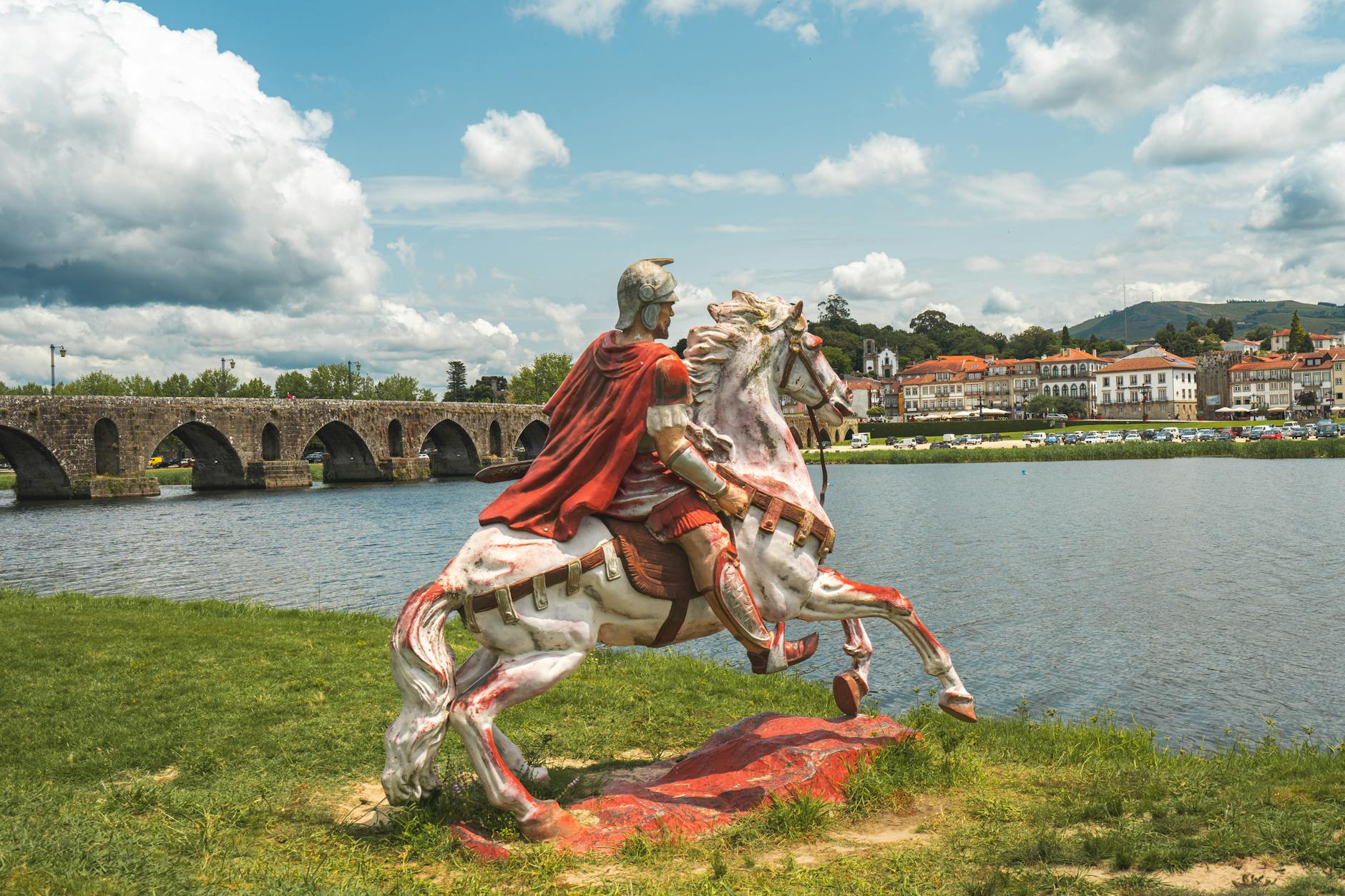
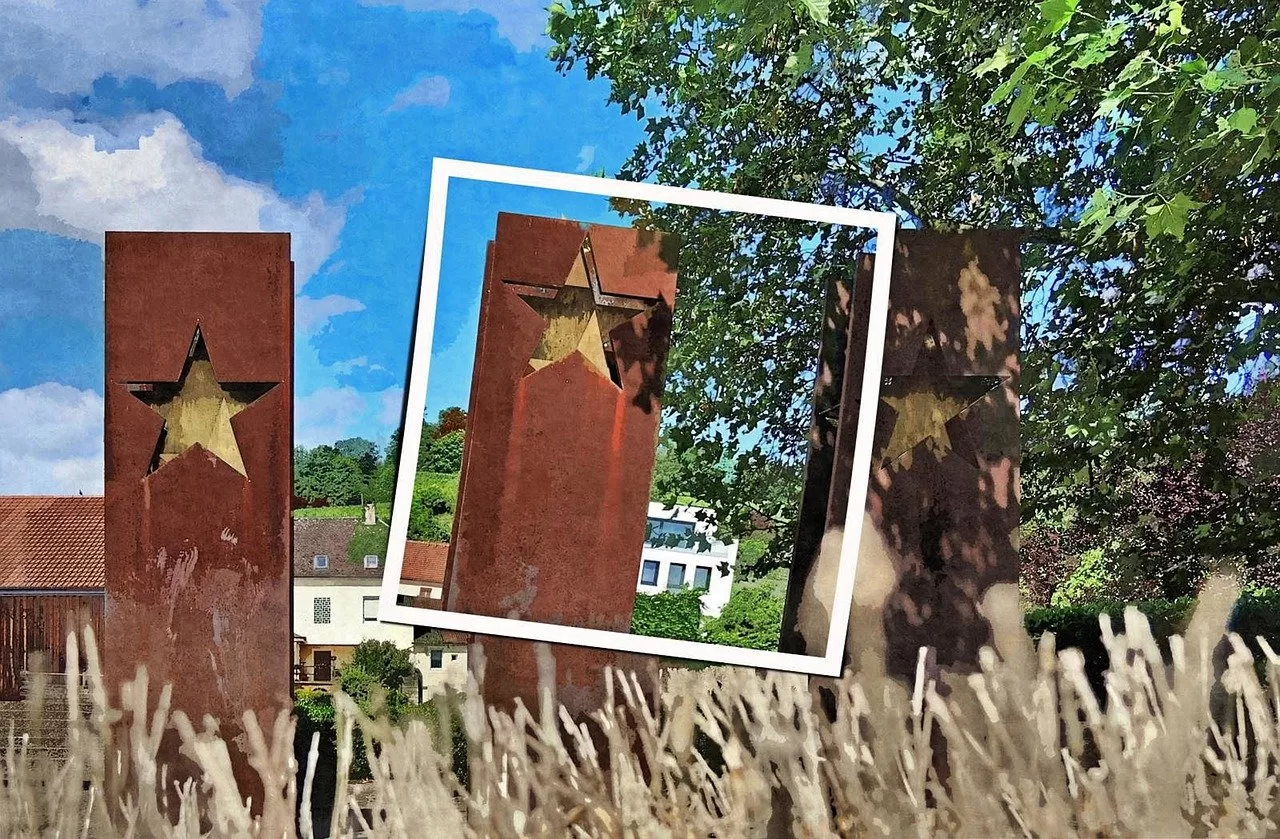
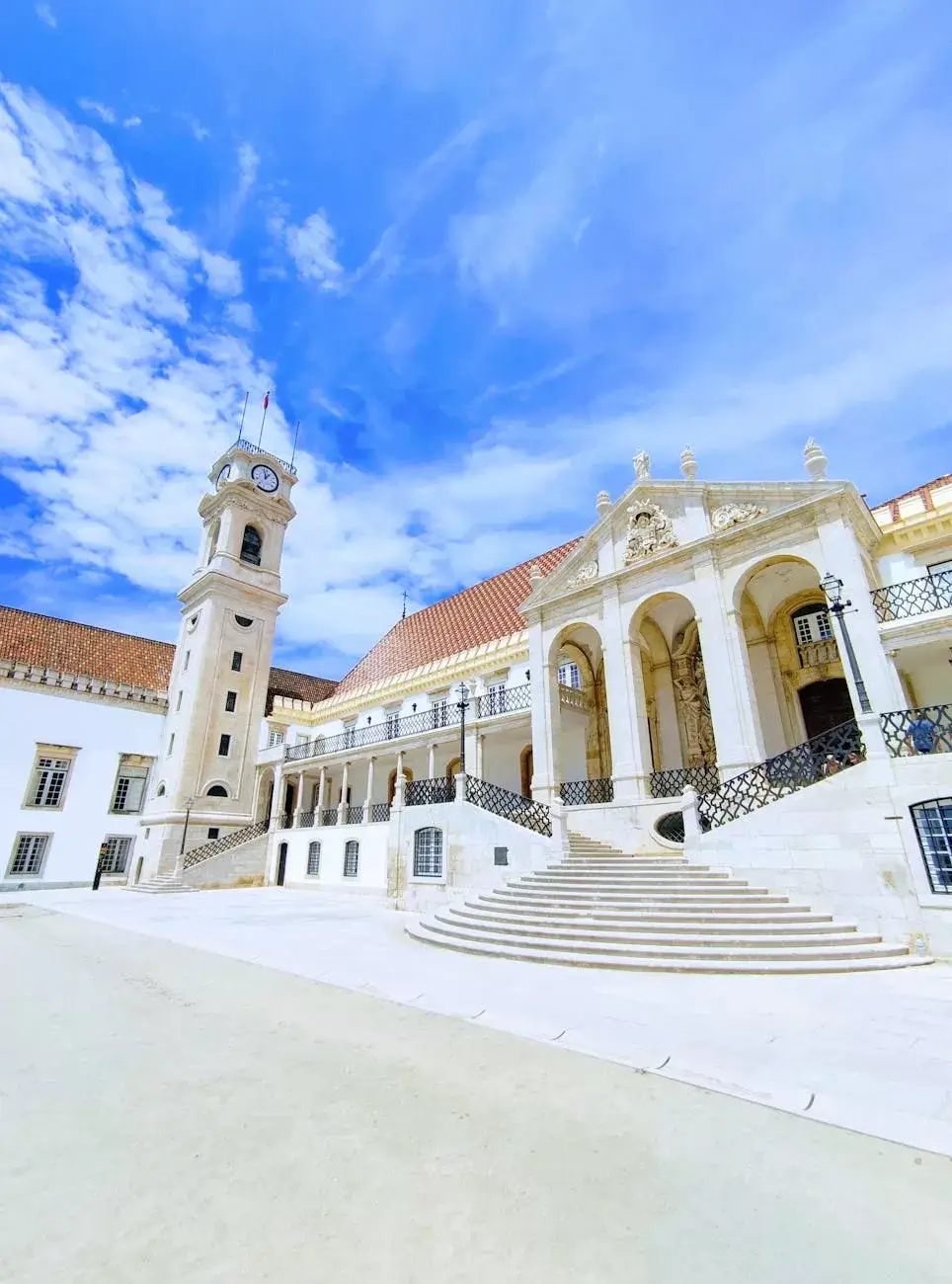



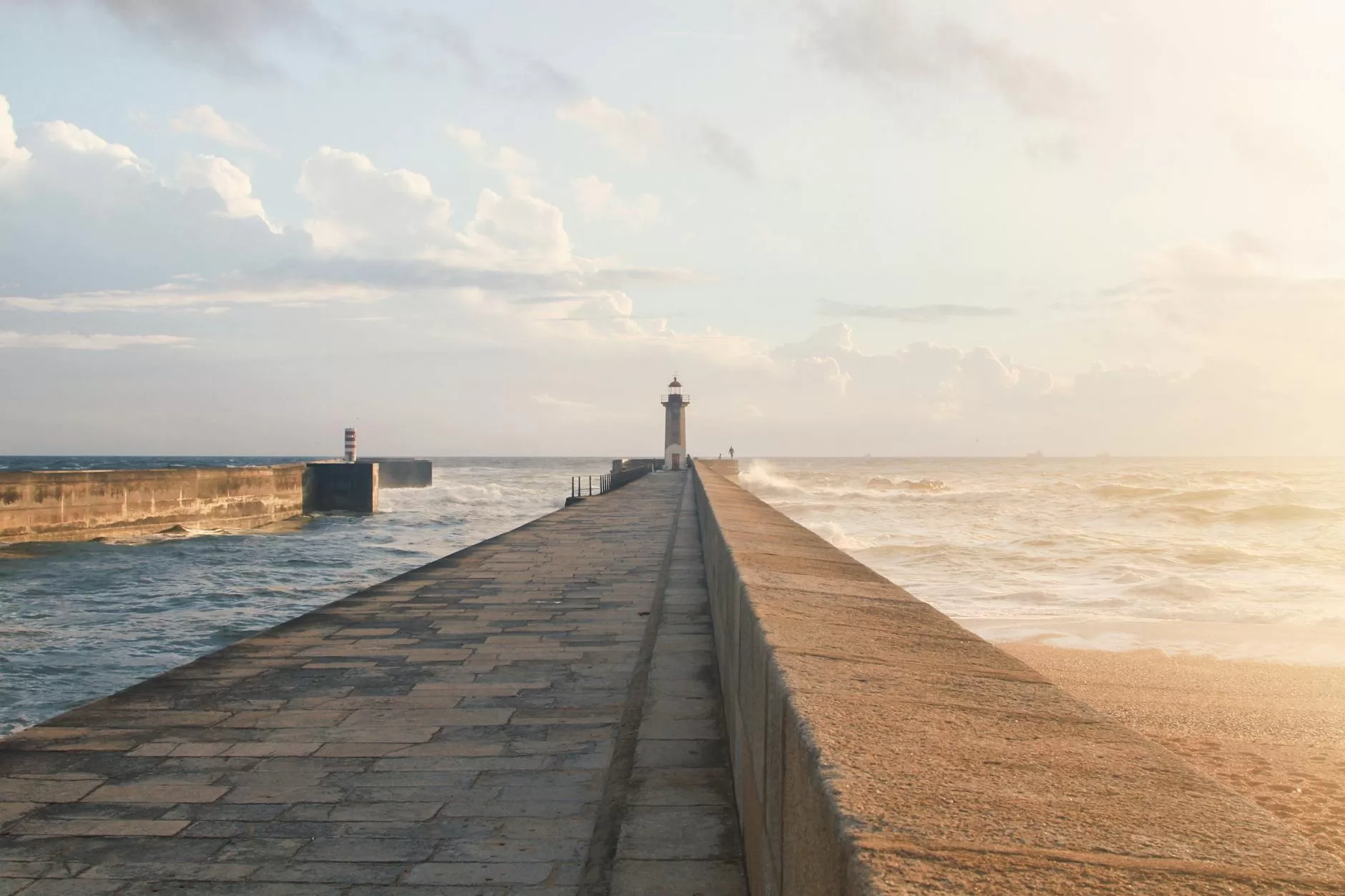

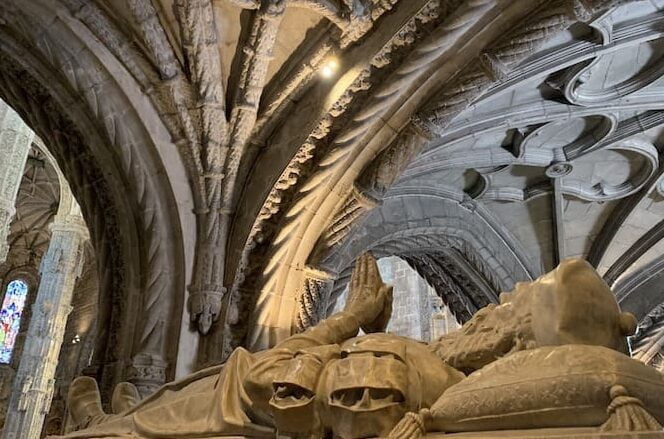



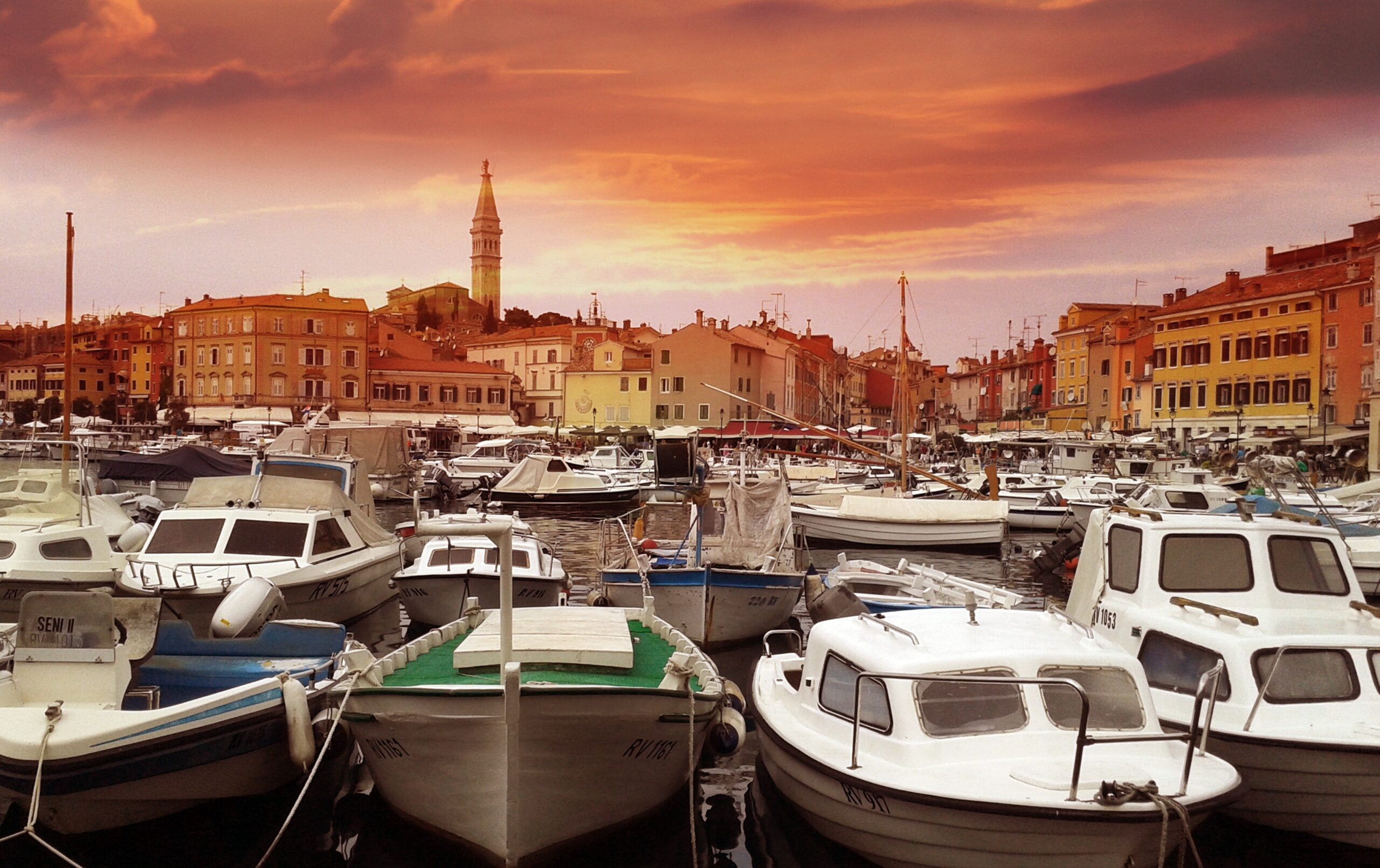




You must be logged in to post a comment.